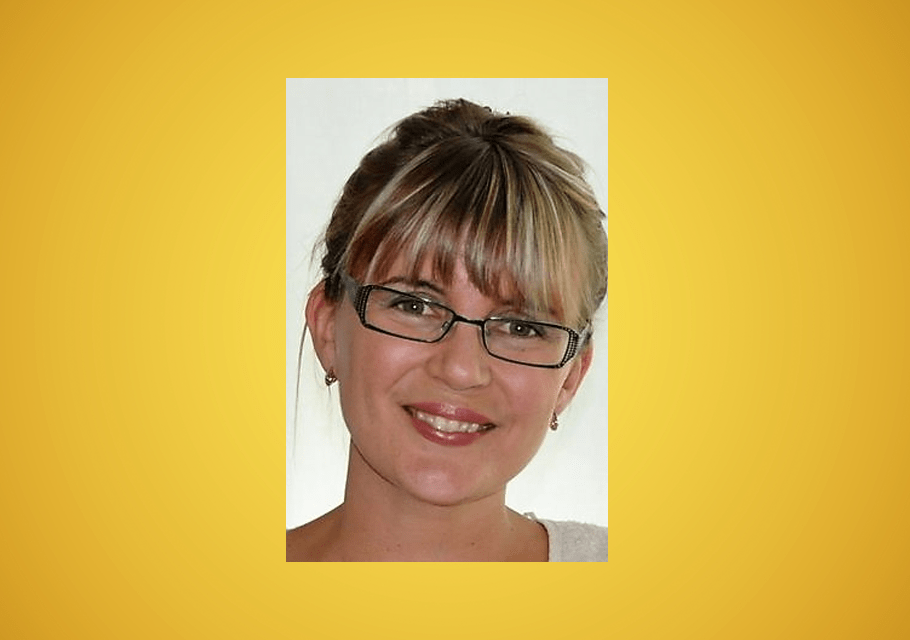My family moved from Wellington to Switzerland five years ago. At the time we had 18 month old twins. I honestly have no idea why I thought an international move would be a good idea with two toddlers! Once arrived, we were horrified to learn just how much day care cost. We decided that I would stay home for a couple of years and focus on learning German. So that’s what I did.
I started learning German but also joined a local English-speaking expat group so that I could meet people in a similar boat. The club supports families with young children in our region and has a couple of hundred members. A year after joining I summoned the courage to submit an article to the newsletter.
Later, I was approached to fill the co-editor position. This is where I got my first real taste of proofreading. The newsletter is big – usually around 8,000 words – and often needs a lot of work. I started noticing how a lot of second-language speakers make the same sort of mistakes in English. With such a large number of English-speaking expats, surely there was a market for proofreading?
My professional background was as an advisor and project manager in a government department. I was used to checking documents thoroughly and picking my way through complex text. I was ready to work again, but in Switzerland it is difficult for both parents to work normal office hours as all school children come home for lunch. Yep, you read that right – they are all home for an hour and a half in the middle of the day. To top it off, they only go back to school for two afternoons a week until they’re about eight – then they have three. Wednesday afternoons are always free.
So with this in mind, I came to the idea of freelancing so that I could work from home. I checked online and found NZIBS’ proofreading and editing course. The course looked thorough and I was attracted by the idea of earning a diploma – the Swiss are very fond of pieces of paper.
I started the course with great enthusiasm, but got side-tracked by the burgeoning refugee crisis in Europe. Wanting to do something to help, I got involved with a local group supporting refugee families by providing baby carriers and other baby and child related essentials. I was able to use the skills I was learning on the course to help publish information and advertising material for the charity.
Eventually, after taking advantage of all possible extensions, I finished the course with excellence.
With the helpful information in the last two tutorials I now have a business plan in place and am building a website focused on helping non-native English speakers improve their writing skills. My first official job was proofreading a thesis, which I got through word-of-mouth advertising.
Perhaps the biggest advantage of this course is that, when you finish, you’re not faced with starting to look for work from scratch. You’ve already learnt the skills to effectively and efficiently market yourself, as well as the actual skills needed for the job.
The knowledge and skills taught are useful across many industries – you can’t lose!










